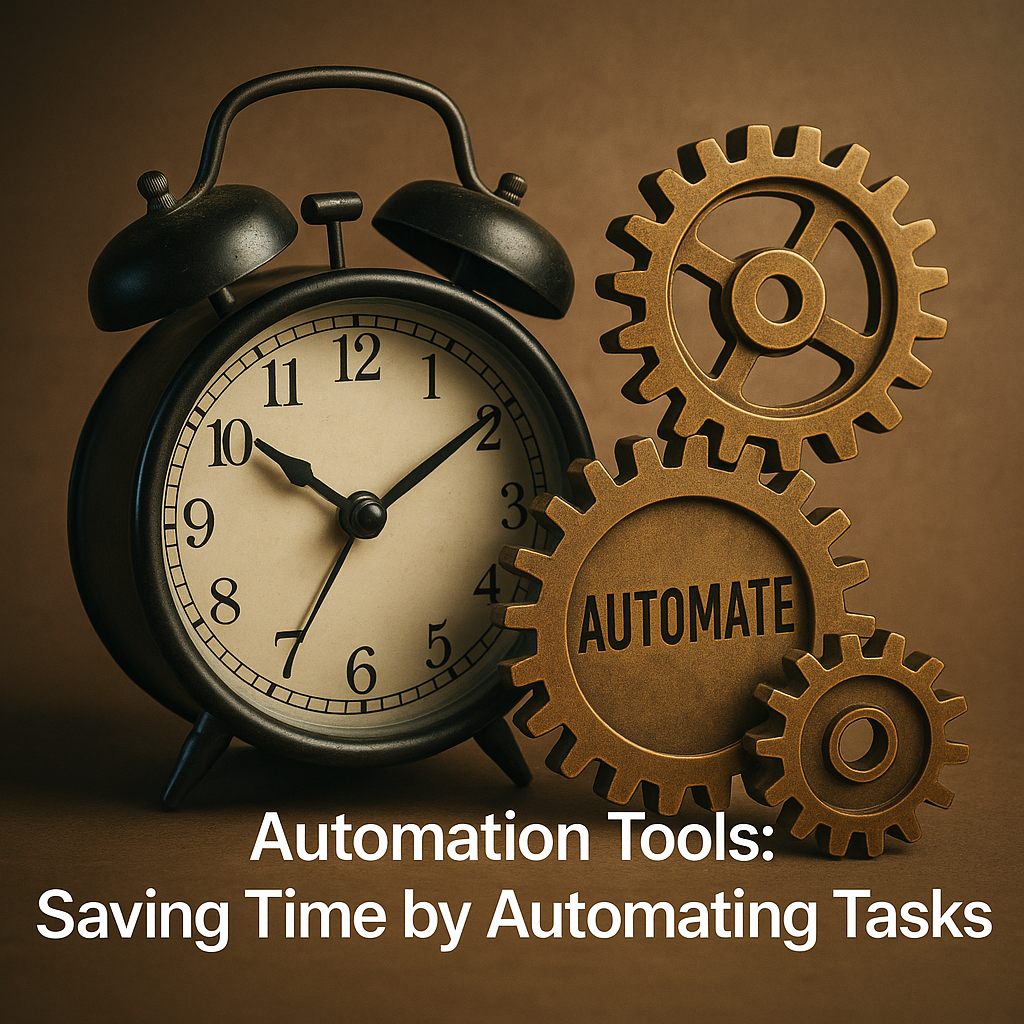Home automation is more than just a trend—it’s a rapidly growing industry powered by innovation, efficiency, and the evolving needs of modern consumers. Entrepreneurs and small business owners looking to enter this lucrative market often ask, “How do I start a home automation business?” With the right planning and practical strategies, you can establish a company that stands out in today’s competitive tech landscape.
Understanding the Home Automation Industry
Before you begin your journey with a step-by-step guide, it’s important to grasp the dynamics of the home automation industry. This field integrates devices, software, and systems to enhance home comfort, security, and energy efficiency. From smart lighting and climate control to security and entertainment systems, the opportunities for innovation are vast.
Modern consumers increasingly seek solutions that simplify everyday tasks and improve quality of life. This shift presents a promising opportunity for entrepreneurs who can create systems that deliver convenience and match the digital lifestyle trends. Whether you have technical expertise or a passion for technology’s role in daily living, the home automation sector could be your ideal next venture.
It is also essential to review market trends and forecasts. Esteemed publications like Forbes note that consumer interest and investments in smart home technology are on the rise, affirming the potential of this industry.
Planning Your Business Model and Strategy
After familiarizing yourself with the industry, the next step is to develop a robust business model and detailed plan. Consider these key factors:
- Define Your Niche: Home automation covers a broad range of applications. Focus on a specific area—whether it’s security, energy management, or integrated home entertainment—to build credibility and attract a dedicated customer base.
- Assess Your Skills and Resources: Evaluate your technical expertise, financial capacity, and available resources. This honest assessment will help you identify areas that may require partnerships or further training.
- Market Research: Understand your target audience and analyze the competitive landscape. Research both local trends and global innovations to ensure your offerings meet market demand.
- Regulatory and Technical Standards: Home automation systems must comply with specific safety and technology standards that vary by region. Familiarize yourself with these requirements early on.
Integrating these considerations into your planning process establishes a solid foundation for your business. A clear vision paired with actionable steps is crucial. Don’t hesitate to connect with expert communities online—mentors and industry veterans can offer invaluable insights on launching a successful home automation business.
Step-by-Step Guide to Launching Your Company
Follow this sequential guide to navigate the early stages of your home automation business journey:
1. Conceptualize and Refine Your Idea
Start by brainstorming innovative features that set your home automation solution apart from the competition. Identify the specific problems you want to solve and define your unique selling proposition (USP) whether it’s intuitive design, seamless device integration, or customized solutions for niche markets.
2. Develop a Business Plan
A comprehensive business plan is essential. This document will steer your strategy and be a critical asset when seeking funding. Detail your business model, financial projections, marketing strategy, and operational framework while outlining both your short-term goals and long-term expansion plans.
3. Obtain Funding and Resources
Secure the necessary funds to cover your startup costs and initial operations—whether through personal savings, bank loans, or venture capital. Consider pitching your idea to local investors or tech incubators. Additionally, plan for the infrastructure you’ll need, including manufacturing, software development, and installation services.
4. Build a Talented Team
Recruit a team of professionals skilled in software development, electrical engineering, marketing, and customer support. A diverse team with complementary skills is key to addressing both technological challenges and customer needs effectively.
5. Develop and Test Your Product
Create a prototype of your home automation system and conduct beta testing with a select group of users. Use the feedback gathered to fine-tune the product, ensuring it functions reliably and meets the needs of your target market.
6. Launch and Market Your Business
Once you have a refined, tested product, execute a well-planned launch strategy. Leverage digital marketing techniques such as social media engagement, content marketing, and search engine optimization (SEO) to reach your target audience. Explore entrepreneurial resources to enhance your online presence. Use case studies, customer testimonials, and demonstration videos to build credibility and trust.
Consistently publishing informative content that addresses queries like “how to start a home automation business” will attract potential leads and improve your search engine rankings.
Leveraging Digital Marketing and Networking
Launching your business is just the beginning. Strengthen your brand and expand your customer base by investing in a comprehensive digital marketing strategy. Emphasize SEO best practices, engage with your audience on social media, and establish strategic partnerships to showcase your unique offerings.
Create a blog or resource center featuring expert advice on home automation, covering topics such as implementation tips, emerging trends, and technology reviews. This not only positions you as a thought leader in the industry but also provides prospective clients with valuable insights into your company’s expertise.
Networking is equally vital. Attend industry trade shows, local business meetups, and tech conferences to foster relationships with potential partners and customers. These interactions can open doors for sales opportunities and offer practical insights from seasoned professionals in the home automation sector.
Word-of-mouth referrals can be incredibly powerful. Satisfied customers who share positive experiences online and across social media can significantly boost your brand’s reputation.
Utilize analytics tools to track marketing campaign performance, allowing you to refine your strategy over time. Understanding which channels yield the best results will help you allocate resources effectively and adapt to evolving market trends.
With thoughtful planning and execution, launching a home automation business can be both exciting and highly rewarding. Continuously optimize your strategies and stay informed about industry trends to ensure long-term success in this innovative field.
- Understand the evolving home automation industry and pinpoint your niche.
- Create a detailed business plan covering funding, team building, and regulatory standards.
- Follow a structured guide from idea development to product launch and testing.
- Invest in digital marketing and networking to secure a strong market presence and drive growth.









